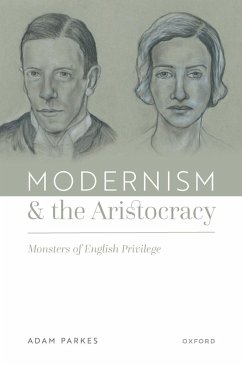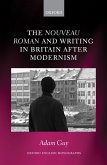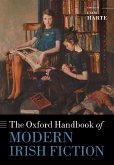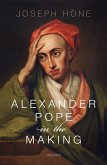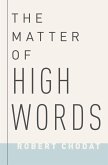During a modern age that saw the expansion of its democracy, the fading of its empire, and two world wars, Britain's hereditary aristocracy was pushed from the centre to the margins of the nation's affairs. Widely remarked on by commentators at the time, this radical redrawing of the social and political map provoked a newly intensified fascination with the aristocracy among modern writers. Undone by history, the British aristocracy and its Anglo-Irish cousins were remade by literary modernism. Modernism and the Aristocracy: Monsters of English Privilege is about the results of that remaking. The book traces the literary consequences of the modernist preoccupation with aristocracy in the works of Elizabeth Bowen, Ford Madox Ford, Aldous Huxley, D.H. Lawrence, Evelyn Waugh, Rebecca West, and others writing in Britain and Ireland in the first half of the twentieth century. Combining an historical focus on the decades between the two world wars with close attention to the verbal textures and formal structures of literary texts, Adam Parkes asks: What did the decline of the British aristocracy do for modernist writers? What imaginative and creative opportunities did the historical fate of the aristocracy precipitate in writers of the new democratic age? Exploring a range of feelings, affects, and attitudes that modernist authors associated with the aristocracy in the interwar period--from stupidity, boredom, and nostalgia to sophistication, cruelty, and kindness--the book also asks what impact this subject-matter has on the form and style of modernist texts, and why the results have appealed to readers then and now. In tackling such questions, Parkes argues for a reawakening of curiosity about connections between class, status, and literature in the modernist period.
Dieser Download kann aus rechtlichen Gründen nur mit Rechnungsadresse in A, B, BG, CY, CZ, D, DK, EW, E, FIN, F, GR, HR, H, IRL, I, LT, L, LR, M, NL, PL, P, R, S, SLO, SK ausgeliefert werden.

